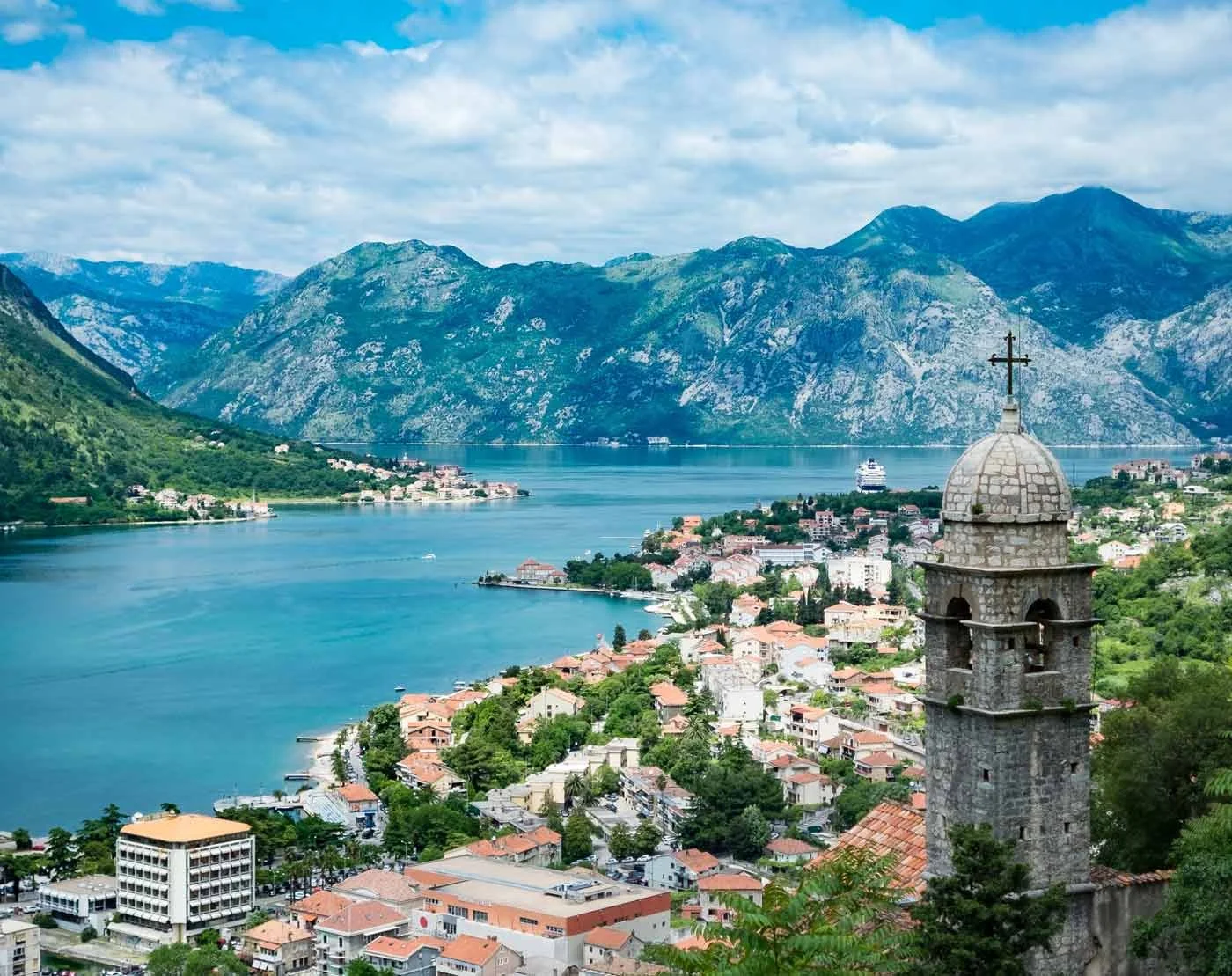Tourism is one of the most powerful global industries, contributing significantly to economic development, cultural exchange, and employment. However, it also has environmental and social costs when not managed responsibly. As travelers become more conscious of their impact, sustainable tourism has emerged as a guiding principle for preserving the planet while still enjoying its beauty.
In this article, we’ll explore what sustainable tourism is, why it matters, how it benefits local communities and ecosystems, and how you can make your travels more responsible.
What Is Sustainable Tourism?
Sustainable tourism refers to tourism that takes full account of its current and future economic, social, and environmental impacts. It aims to meet the needs of tourists and host regions while protecting and enhancing opportunities for the future.
This approach promotes environmental stewardship, supports local economies, and respects cultural heritage. It is not just about minimizing harm, but also about contributing positively to destinations and their people.
Core Principles of Sustainable Tourism
Sustainable tourism is guided by several key principles that shape responsible travel practices:
1. Environmental Responsibility
Minimizing pollution, conserving natural resources, and protecting biodiversity are central to sustainable tourism. This includes reducing waste, limiting carbon emissions, and avoiding practices that damage ecosystems.
2. Economic Sustainability
Tourism should generate income and employment for local communities. Sustainable tourism encourages travelers to support locally owned businesses and services, ensuring that the economic benefits remain in the destination.
3. Cultural Respect
Respecting and preserving local customs, traditions, and heritage is essential. Sustainable tourism promotes authentic cultural experiences while ensuring that tourism doesn’t erode local identity or values.
4. Community Involvement
Engaging local people in planning and decision-making ensures that tourism development is inclusive and beneficial. It empowers communities to control how tourism affects their lives and environments.
Environmental Benefits of Sustainable Tourism
Sustainable tourism helps protect the planet in a variety of ways:
1. Conservation of Natural Areas
By promoting responsible visits to national parks, marine reserves, and wildlife habitats, sustainable tourism supports the preservation of vital ecosystems. Entrance fees and donations often go toward conservation projects.
2. Reduction of Carbon Footprint
Choosing eco-friendly transportation, staying in green-certified accommodations, and minimizing flights contribute to lower carbon emissions. Many sustainable travelers also offset their emissions by supporting renewable energy initiatives.
3. Waste Reduction
Sustainable tourism encourages the reduction of single-use plastics, proper waste management, and recycling. Many eco-lodges and responsible tour operators have adopted zero-waste policies.
4. Protection of Wildlife
Sustainable tourism avoids exploitative wildlife attractions, promoting ethical interactions and education instead. This helps combat poaching and prevents animals from being kept in harmful captivity.
Social and Cultural Benefits
1. Empowerment of Local Communities
Sustainable tourism creates jobs, supports entrepreneurship, and provides training opportunities for local people. This builds community resilience and improves quality of life.
2. Cultural Preservation
By promoting local art, food, music, and traditions, sustainable tourism helps preserve cultural identity. Travelers gain richer experiences, and communities maintain pride in their heritage.
3. Respectful Exchange
Responsible tourism encourages mutual understanding between visitors and hosts, fostering tolerance, cooperation, and global awareness.
Economic Impact of Sustainable Tourism
Sustainable tourism contributes to local economies in ways that are long-lasting and equitable:
- Encourages local sourcing of goods and services
- Keeps tourism income within communities
- Reduces dependency on volatile international markets
- Supports long-term planning and infrastructure development
When tourists stay at locally owned hotels, eat at family-run restaurants, and purchase handmade products, their spending directly benefits the people who make the destination unique.
How to Practice Sustainable Tourism
You don’t need to change your entire travel style to make a positive impact. Small, conscious choices can lead to more sustainable experiences. Here’s how you can start:
1. Choose Eco-Friendly Accommodation
Look for hotels, lodges, or guesthouses that have sustainable certifications, use renewable energy, reduce water usage, and engage in community projects.
2. Travel Light and Green
Reduce air travel when possible by choosing trains or buses. If flying is necessary, book direct flights and offset your carbon emissions. Pack light to reduce fuel consumption.
3. Respect Local Cultures and Customs
Learn a few words of the local language, dress modestly when required, and always ask before taking photos of people or sacred places. Be a respectful guest.
4. Support Local Businesses
Dine at local eateries, hire local guides, and shop from artisans. Avoid international chains that do not contribute much to the local economy.
5. Avoid Over-Tourism
Visit less popular destinations, travel during off-peak seasons, and spread your spending across different communities. This helps reduce pressure on overcrowded areas.
6. Say No to Animal Exploitation
Avoid attractions that involve riding animals, watching performances with wild animals, or any experience that puts wildlife in distress. Opt for wildlife safaris, sanctuaries, or conservation tours that are ethical.
7. Minimize Waste
Bring a reusable water bottle, shopping bag, and utensils. Recycle when possible and avoid disposable plastics. Leave natural places as you found them—or better.
Sustainable Tourism for Businesses and Governments
While individual choices matter, sustainable tourism also relies on responsible business practices and supportive policies. Governments and tourism operators should:
- Develop sustainable infrastructure and transport
- Implement fair labor practices
- Promote environmental education and awareness
- Enforce regulations to prevent environmental damage
- Invest in community-based tourism projects
By aligning tourism strategies with sustainability goals, stakeholders can create a more balanced and resilient travel industry.
Challenges to Sustainable Tourism
Despite its many benefits, sustainable tourism faces several challenges:
1. Greenwashing
Some businesses claim to be eco-friendly without meaningful actions. Travelers must be vigilant and choose certified, reputable operators.
2. Lack of Awareness
Many travelers are unaware of their impact or the alternatives available. Education and outreach are critical to promoting change.
3. Cost and Accessibility
Eco-friendly accommodations or tours can sometimes be more expensive or less accessible, especially in remote areas. Greater investment and innovation are needed to scale sustainable tourism solutions.
4. Balancing Growth and Conservation
Rapid tourism growth can overwhelm ecosystems and communities. Careful planning and carrying capacity analysis are needed to balance development with sustainability.
The Future of Sustainable Tourism
As global awareness grows, sustainable tourism is expected to become the standard rather than the exception. Trends shaping the future include:
- Rise in eco-tourism and nature-based travel
- Increased demand for ethical and authentic experiences
- Smart technologies for managing tourism impacts
- Community-led tourism initiatives
- Stricter environmental regulations and certifications
The next generation of travelers is more informed and motivated to choose experiences that align with environmental and ethical values. This momentum is driving positive change across the tourism industry.
Conclusion
Sustainable tourism is not about sacrificing comfort or adventure—it’s about making informed choices that benefit people, places, and the planet. Every journey offers an opportunity to contribute to a more balanced and responsible world.
By adopting sustainable practices, supporting local communities, and minimizing our environmental footprint, we can continue to explore the world while preserving its beauty and diversity for future generations.







